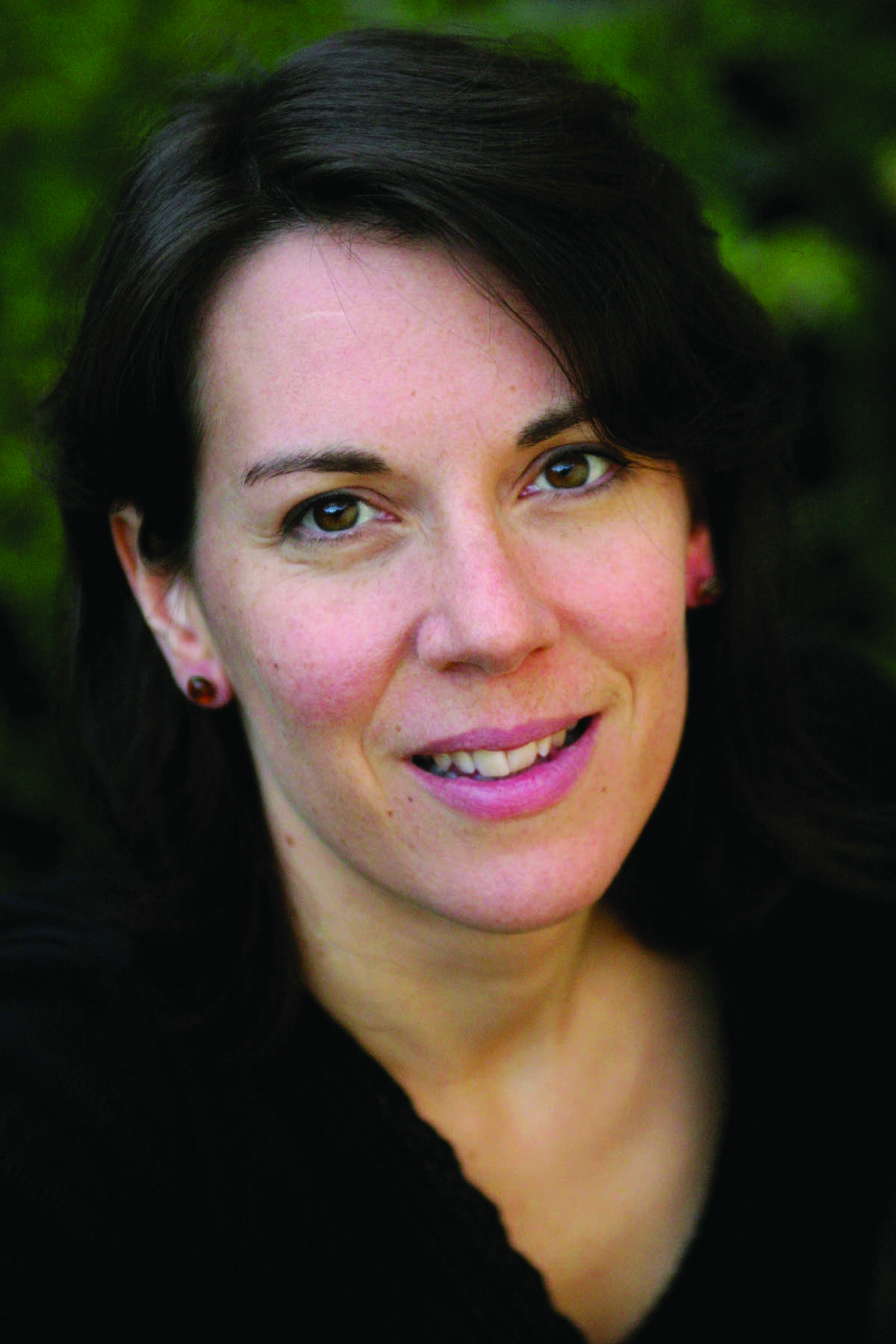My father Leslie Dewhurst was born, along with his siblings, in Liverpool. When I was a child, my Aunty Nora told me that when their father died young of heart disease, their mother couldn’t look after them and the children were placed in an orphanage. In 1939 they were evacuated to the Lake District.
A website revealed that my father and his brothers were sent to Hawse End House near Keswick. I was amazed to learn that it belonged to Catherine Marshall (1880–1961), a pacifist and leading light in the suffrage movement. Her family files, letters and papers were archived at the Carlisle Archive Centre within the Marshall family collection. Finding my father’s records was a sheer fluke. For one thing, the orphanage records were left behind when Hawse End House closed and discovered when it was sold. Someone saw their value and passed them to the archive – in those days, there was no legal requirement to keep such documents.
In addition, the Carlisle archives are tricky to negotiate. If I had not found the link to Catherine Marshall, I would never have found my father’s records. If you just search for his name it says, “No record found.” However, Leslie Dewhurst DMAR13/13 is there, along with dozens of other boys’ records – including those of his brothers: Ronald and John. I needed to know what was in those files, but the data protection law meant that it wasn’t going to be simple.
I contacted the archivist at Carlisle by email. I was told I would need to seek permission from Liverpool Children’s Services (LCS) before I was allowed access to my father’s records. I contacted LCS, sending all the documentation it requested to prove I was next of kin. Some weeks later, I was informed that it had no record of my father. I couldn’t believe it, but I wasn’t going to give up.
I got back in touch with Carlisle Archives and spoke to a more experienced archivist, who physically located the file and found that, in fact, I needed to seek permission from the Church in Liverpool to view its contents. She contacted the secretary to Liverpool diocese and gave me his details. When I emailed him, his response was positive and immediate. He had never been approached to give his permission in this way before. I sent him the relevant documentation and he liaised with the Carlisle archivist. Within a few weeks, I held the photocopied contents of my father’s file in my hands. I was overjoyed – it felt better than winning the lottery!
These sheets of paper allowed me to fill in the missing pieces of my father’s life. I discovered how his father died, where they had lived in Liverpool, the school he had attended, where he’d been baptised. These were all places I had known as a child. Once Dad was 14 years old, he was enrolled in a YMCA scheme called ‘British Boys for British Farms’. He worked on a farm near Ormskirk and I read in his file that he would visit his mother in Liverpool, taking her what little he earned.
The file includes a letter from the farm to the orphanage commenting, “We are having a little trouble with this lad.” It seems he was under pressure to return home. His mother was finding it hard to make ends meet, and was asking other family members to write to him. You could interpret this as her trying to apply pressure, but what the orphanage authorities didn’t know was that she could neither read nor write herself. Dad’s file ended in August 1942. I assume he returned to his mother to support her.
My grandfather’s death certificate revealed that he died of heart failure, aged just 36. It proved portentous as Leslie, John and Ronald were taken in the same way at young ages.
I really felt for my grandmother – can any of us truly imagine how hard it must be for a mother to have no option other than to give up her children? She wasn’t bad, just poor. But Dad would not have survived his childhood had the authorities not intervened – and I wouldn’t be here.
